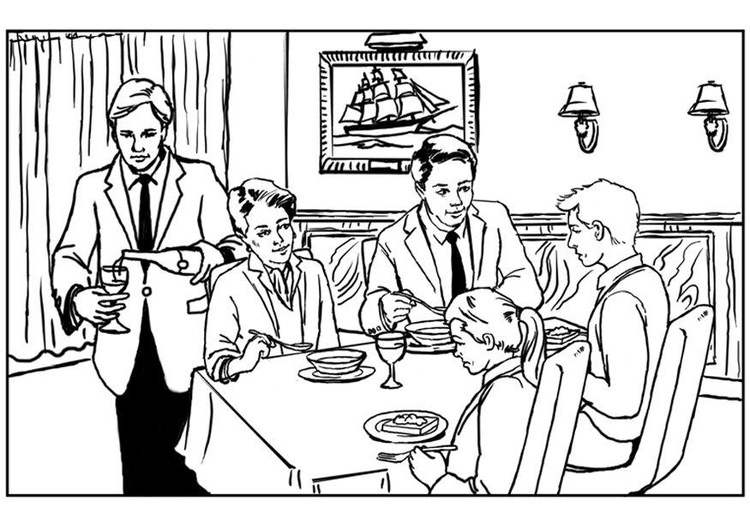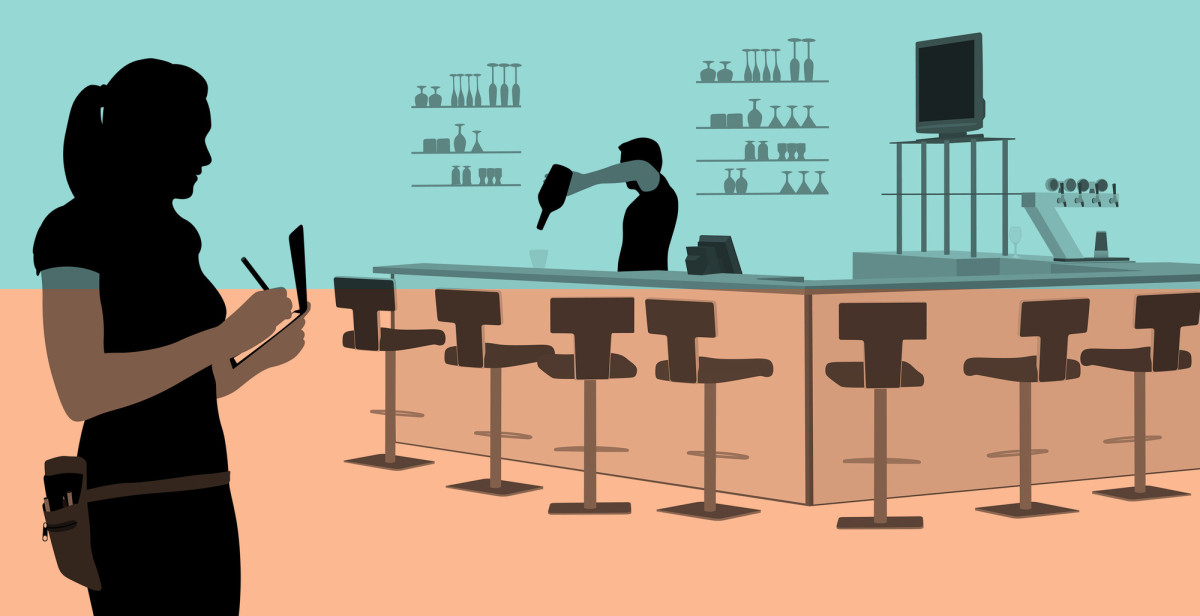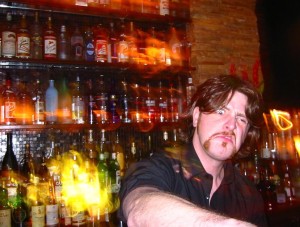It’s just after nine o’ clock and you’re dining in one of the hottest restaurants in the city. You’ve been finished with your desserts for twenty minutes and the bar is packed with hungry people waiting for tables. “Should we go get a drink somewhere else?” one of your friends asks. You’re all having such a great time that you summon the waiter over to order another round of cocktails. Moments later, the well-manicured maitre’d regretfully informs you that the table is rebooked and your round of drinks will have to be served at the bar. You were not aware there was a time constraint on the table when you sat down, so it’s a bit disturbing to have the rug pulled out from under you like that. The maitre’d apologizes to you on your way out and promises to buy your first round drinks the next time you visit. But, by then, it’s too late. You probably won’t be back.
This scenario—increasingly common these days—exposes a reality of the restaurant business that a lot of patrons are in denial about: When you sit down in a restaurant, you do not own the table. Though it may feel as though we’ve graciously signed over the deed when you sprawl out on a spacious leather banquette, it isn’t really true. A restaurant reservation is a timeshare. Apologies to hospitality purists and Danny Meyer apostles, but restaurant customs are changing and so too must our understanding of the unspoken contract involved when you enter a restaurant. The notion that restaurant guests have a right to stay indefinitely just because they’re paying for it is an antiquated mode of thinking and impractical in the new restaurant economy.
The restaurant business can be distilled down into these simple terms: The owner rents space where he hires people to cook and serve food then tries to make a profit by subletting the space to people who pay to eat there. They’re not just buying food, they’re paying a premium to eat it somewhere nice that feels like—but isn’t—their home. For restaurateurs, input costs are at an all-time high. In order to sustain the health of their businesses, they must invent creative ways of getting more people through the door since raising prices will deter business.
A big part of the challenge of having a successful restaurant is learning to set prices relative to the pace of the guest’s experience. It’s simple economics. Serving a higher volume of food to a greater number of guests affords the owner the ability to lower prices. Owners of upscale restaurants that have slower, more deliberate service need to charge more. When you dine out at a high-end restaurant, the bill is not only to cover the cost of food, labor and rent but also the opportunity cost of giving you more time and space to enjoy your meal. Not all restaurants can afford to do that and sometimes—though they may be reluctant to admit it—they must sacrifice hospitality standards in order to accelerate the pace of service.
The reality is that most busy restaurants—despite still being earnest in their desire to please you—are obsessed with finding ways to usher you more quickly through your meal. They remind their staff on a daily, if not hourly, basis of the need to “push their tables.” It takes a deft slight of hand to conceal the need to serve guests as quickly as possible; the best restaurants perform this same magic act every night without their clientele noticing what’s under their sleeves. Some guests take it very personally when they feel rushed, but it isn’t personal—it’s the only way that certain restaurants can be profitable. Increasing the guest count is necessary to stimulate sales growth and can only be accomplished by implementing aggressive initiatives for turning tables.
Of course, resourceful customers find ways of subverting these forces to recalibrate the pace. Stalling with menus and sandbagging the order is the most common technique people use to hijack the timing of their experience. “We haven’t even looked,” they’ll say to barricade themselves. It might be an effective strategy in delaying the proceedings but it’s guaranteed to ruffle feathers. Is it worth taking an adversarial position with your servers to silently protest the possibility of being rushed? Many customers steal time at the end of the meal, too, by “camping” at the table long after the last plate of food has been cleared. Experienced diners evade asking for the check at the appropriate time or ignore the check presenter as it sits idly on the table, wearing out their welcome. These scenarios inevitably devolve into hostage situations. The server will continue to attempt to procure payment at the behest of management and the guest will refuse to kowtow to the bullying.
The wrestling match over table ownership becomes most hotly contested when latecomers join parties in the advanced stages of their meal. Of course the restaurant should accommodate anyone who joins late but they can’t without collateral damage to their reservation book. If you were renting a villa, the property would not just allow you to stay an extra night because you tell them you have friends joining you. Allowing you to stay would be a hospitable thing to do but at the expense of the person who has an outstanding reservation for your room the next day.
Restaurants have become increasingly more vigilant about keeping tabs on troublemakers. A proclivity for dining abnormally slow will be noted in your profile on the reservation systems and could result in your having more difficulty making reservations or denying you access to peak time slots. Restaurant relationships are all about trust. Reinforcing that trust by building a reliable reputation for respecting the table is worth it weight in gold or, in this case, its worth in real estate.




